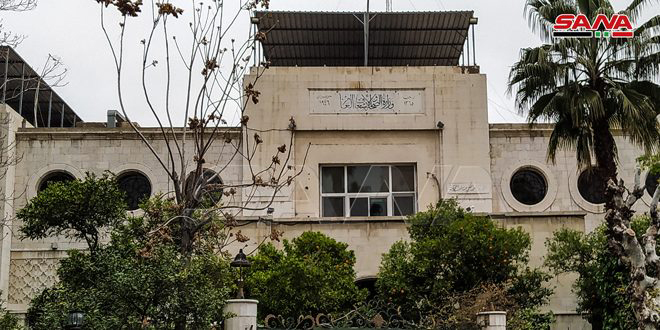Although mothers’ deaths related to childbirth and pregnancy have decreased by about 38 percent worldwide, there are still about 800 women dying daily from these causes, most of them living in low and middle-income countries, according to the World Health Organization.
Proper care before, during and after childbirth can save the lives of women and newborns by avoiding the occurrence of causes of death.
In Syria, the reproductive health program continues an effort of nearly 35 years to pay attention to women’s health in many stages to ensure their safety and to achieve a basic condition to reach a healthy and sound society. It exerts relentless efforts despite the challenges imposed by the current circumstances such as the shortage of technicians and doctors, according to the Director of the Reproductive Health Program at the Ministry of Health, Dr. Reem Dahman .
The reproductive health program is one of the primary health care programs at the Ministry of Health. It primarily aims at reducing maternal mortality and morbidity by raising the proportions of women who receive care during pregnancy, childbirth and afterwards, the rates of births and increasing awareness of early detection of breast and cervix cancer, Dr. Dahman said.
As for care after childbearing age, it begins at the age of 49 and it includes an educational service to deal with this important age stage because it carries significant physical, psychological and social changes for women. The centers provide awareness, education and counseling services regarding diet and exercising sports and drug intervention in some cases.
Dr. Dahman said that 14 centers in various governorates called adolescent-friendly centers were allocated to take care of adolescent health. The centers provide health and behavioral advice targeting age groups between 12 and 18 years through lectures and awareness sessions on sexual health, the dangers of smoking and drugs, healthy food, sports and others. These centers are in contact with society facilities such as schools, cultural centers, and popular organizations.
Inas Abdulkareem

